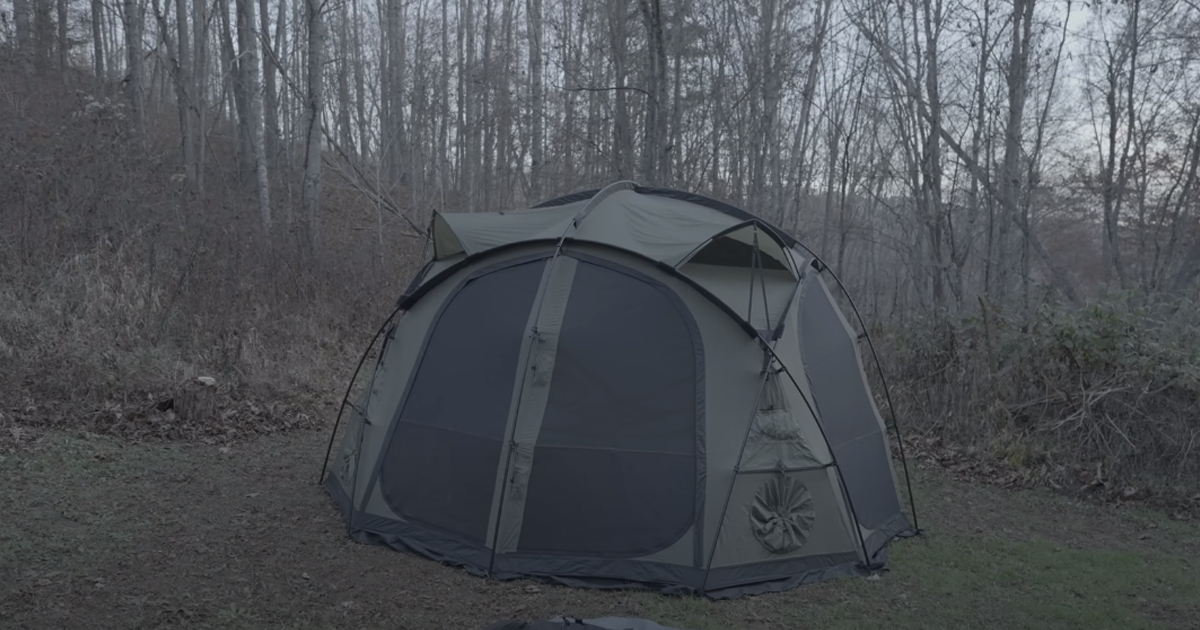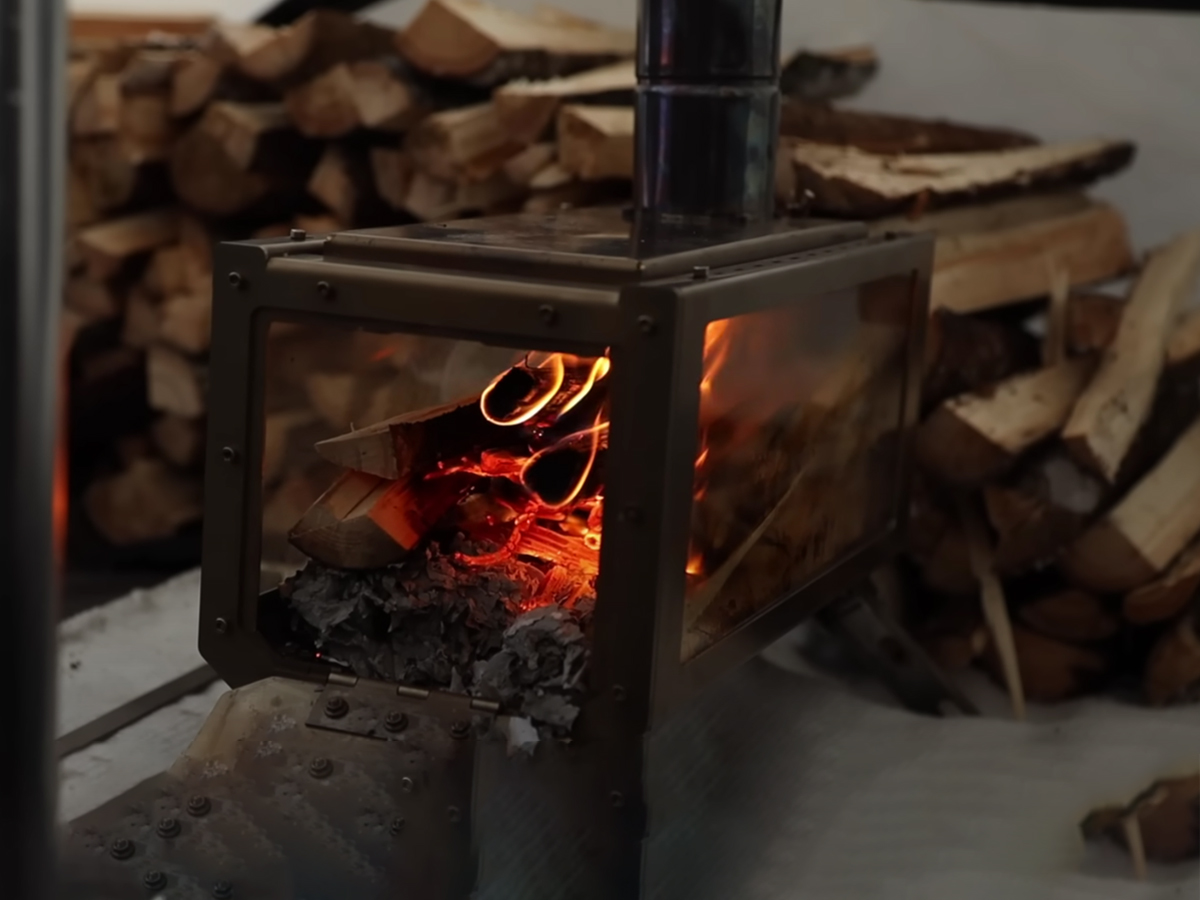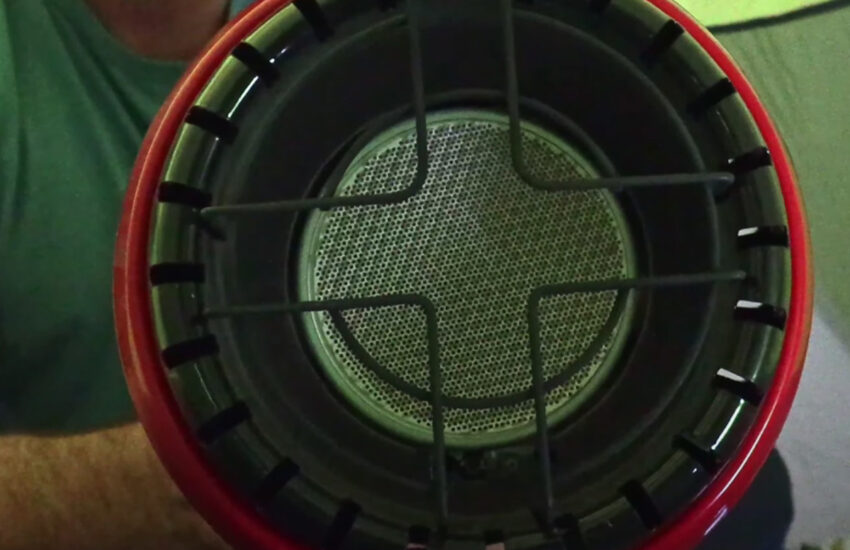Are Camping Tents Fireproof: Truth & Safety [Exposing]
I have always been concerned about the safety of my camping tent in case of fire hazards. That’s why I conducted thorough research to explore the fireproof qualities of camping tents. Throughout my investigation, I stumbled upon fascinating facts and information that I am excited to share.
No tent is entirely fireproof. Even with fire retardant treatment, all tents are flammable when exposed to an open flame.
Because of this, I haven’t used fire retardants for eight years. As a responsible camper, I strongly advise against using any open flame inside a tent.
In the upcoming discussion, I will explore my experiences and provide insights into whether camping tents can be fireproof.
Are Camping Tents Fireproof: Exposing the Truth and Safety

In camping, I’ve learned a thing or two about the ins and outs of tents. One crucial lesson I can’t help but share is that there is no such thing as a fireproof tent. Trust me, I’ve seen it firsthand.
There’s this common misconception that some tents are completely fireproof. But let me tell you, no tent fabric is entirely immune to fire. Even those labeled ‘fire-retardant’ or ‘fire-resistant’ can still catch fire.
When I embarked on a cozy campfire adventure with friends, venturing into the wilderness, little did I know the potential danger that awaited. As an errant spark landed on the fabric of our tent, a wave of nervousness washed over me. The realization struck that our beloved shelter could catch fire in an instant.
The fragility of the tent fabric became all too apparent. A small flame would be enough to weaken its structure. But it wasn’t just the immediate threat of fire that concerned me. The fumes produced when tent fabric burns can be alarmingly toxic, posing severe health risks when inhaled within the confines of a tent.
I was curious about camping tents fireproof. From my personal experience, the answer resounds with a firm “no.” This doesn’t mean we must abandon the wonders of camping altogether. With suitable precautions and heightened awareness, we can still revel in the joys of outdoor adventures while ensuring our safety and that of our tents.
My journey has taught me the importance of maintaining a safe distance between the tent and any fire source. It has also underscored the need to adhere to campground fire safety rules and avoid leaving unattended fires. Safety, without a doubt, should always be our top priority when indulging in the great outdoors.
Some Resistance To Fire But None Of Them Are Fireproof
I’ve encountered various tent fabrics, each with unique characteristics, during my camping adventures. And it’s important to note that while some materials may offer fire resistance, none are entirely fireproof. Here’s what I’ve learned from my own experiences.
Nylon and polyester, for instance, are commonly used in tent manufacturing because of their lightweight and durable properties. I soon discovered they can melt or burn when exposed to fire. It was a valuable lesson to consider the potential risks associated with these materials.
Canvas tents proved to be more fire-resistant, but they came with their trade-offs. They were heavier and required more maintenance, which meant extra effort in setting up and caring for the tent. But knowing it was less likely to catch fire, that extra peace of mind was worth it.
The benefits of using such a shelter are many. It gave me peace of mind, especially when camping, where wildfires are common. It allowed for safer cooking practices within or near the shelter, a significant change for me.
Of course, there are some drawbacks to consider. Specialized camping shelters can be more expensive than regular tents and may also be heavier, making them less ideal for backpacking trips. Availability can also be an issue, as not all outdoor retailers carry these specialized products.
But no matter what type of shelter you choose, one thing remains constant–practicing fire safety should always be a priority when camping. I’ve learned to always follow the campground’s fire safety rules and never leave a fire unattended. Safety comes first, always.
Flammability Standards
For camping tents, knowing if they are fireproof is crucial to a safe trip. The CPAI-84 standard provides a clear and measurable benchmark for tent flammability resistance, giving campers like me
the confidence to explore the great outdoors while feeling secure in our gear.
As a desirous outdoor enthusiast and responsible camper, I’ve always prioritized safety for camping gear. One particular safety standard that has caught my attention is the CPAI-84. Here’s my personal experience and thoughts on the significance of this standard.
When I first came across the CPAI-84 standard, I was intrigued by its role in ensuring the flame resistance of camping tent materials. It’s not just a random number or label; it represents a commitment to safety and quality. Knowing that a tent meets the CPAI-84 standard gives me peace of mind during my camping adventures.
The CPAI-84 standard is widely recognized in the United States and has been adopted by various states as a tent camping requirement. It signifies that the materials used in the tent’s construction have undergone rigorous testing for their flammability characteristics.
Having a tent that meets the CPAI-84 standard means I can focus on enjoying the great outdoors without worrying about safety. It’s not just a label; it represents a commitment by manufacturers to prioritize the well-being of campers like myself.
The Tent Treated With Fireproofing

During camping experiences, I’ve encountered tents treated with fireproofing. Having a fireproof tent can provide an extra layer of safety and peace of mind.
Fireproofing is a process where a tent’s fabric is treated with chemicals that reduce its flammability. I’ve seen firsthand how these chemicals can slow the rate at which a tent catches fire or burns. It’s incredible how they can purchase valuable time in a fire situation, allowing campers to evacuate safely.
I’ve learned that the barrier between the tent fabric and a fire source plays a crucial role. When exposed to heat, the fireproofing chemicals react and expand, forming a protective layer that prevents the material from igniting. Emergencies can benefit from this added protection in case of an emergency.
Using a fireproofed tent also has its downsides, though. Over time, the effectiveness decreases, especially with weather and regular use. It’s essential to consider this and consider periodic retreatment to maintain the tent’s fire resistance.
Some fireproofing chemicals can have an environmental impact. As someone who cares about the environment, I always choose tents treated with eco-friendly fireproofing solutions. Minimizing potential harm to the surroundings is crucial, ensuring we enjoy nature responsibly.
Potential Health and Environmental Effects
In my years of camping, I’ve learned that the very thing that makes our tents safer from fire – flame retardants – can pose potential health and environmental risks.
Flame retardants are chemicals used to make tent fabrics more resistant to fire. Research has shown that exposure to certain types of these chemicals can lead to health problems, including hormonal disruption, impaired neurological development, and even certain kinds of cancer.
From an environmental perspective, these chemicals can leach out of the tent fabric and contaminate the surrounding soil and water. Local ecosystems will be harmed, and wildlife will be at risk.
One way is to choose tents made from natural or organic fabrics. While these may not be as fire-resistant as their chemically treated counterparts, they are free from harmful flame retardants.
Another method is to wash your tent before use. This can help to remove any residual chemicals on the tent surface. To prevent damage to tent fabric.
Consider using a tent footprint or groundsheet. The bottom of your tent is protected from wear and tear and creates a barrier between you and the soil, reducing exposure to any chemicals that may have leached into the ground.
Remember, staying informed and taking simple preventive measures can go a long way in ensuring a safe and enjoyable camping experience.
Conclusion
Even though camping tents are not fireproof, there are ways to minimize fire risk. Besides tents made from fire-resistant materials, campers can also use specialized camping shelters or fireproofed tents.
Fire-retardant chemicals can also pose health and environmental risks. Research the best option for your needs when choosing and using a camping tent. I appreciate you reading this post and wish you a happy camping trip.
FAQs
Are Fire-Safe During Camping?
Leaving a campfire unattended, even for a moment, can quickly escalate into a destructive inferno. It is crucial to maintain a small campfire, as it is much easier to manage.
Refrain from utilizing gasoline or any other combustible substances. Ensure you have a hose, bucket of water, or shovel with dirt or sand readily available nearby to extinguish the fire promptly.


